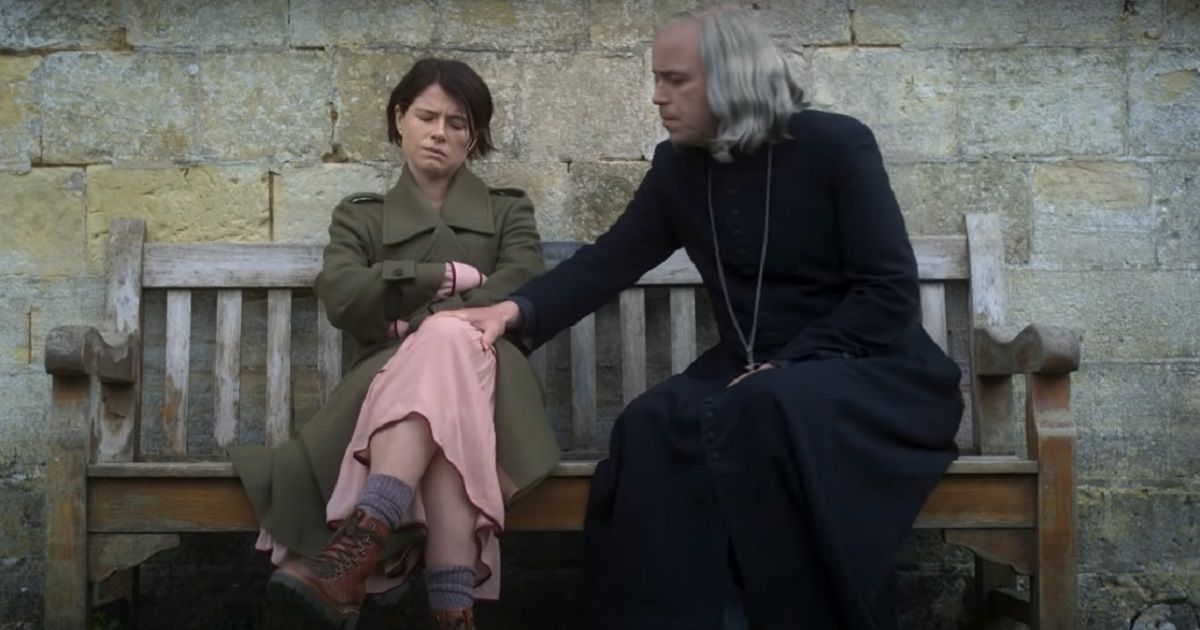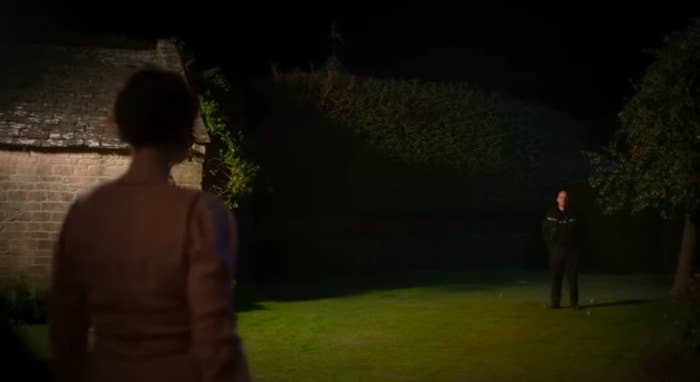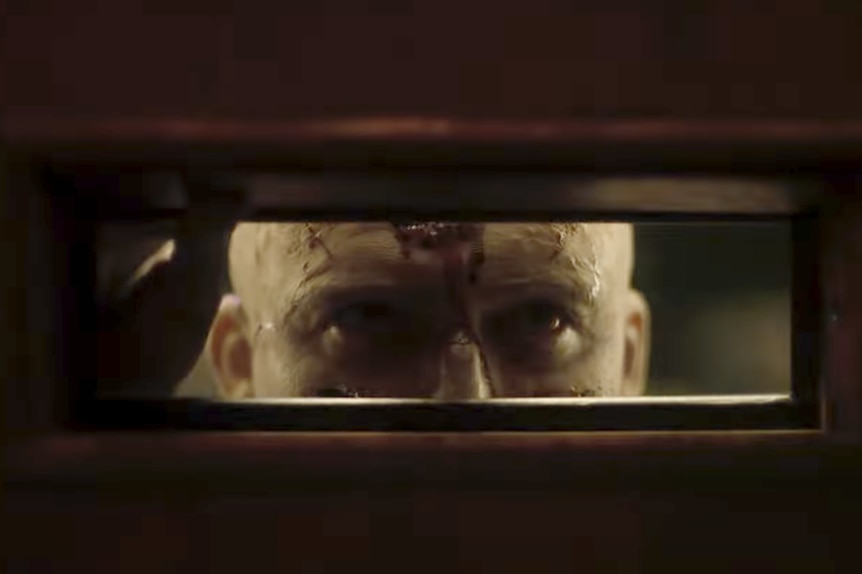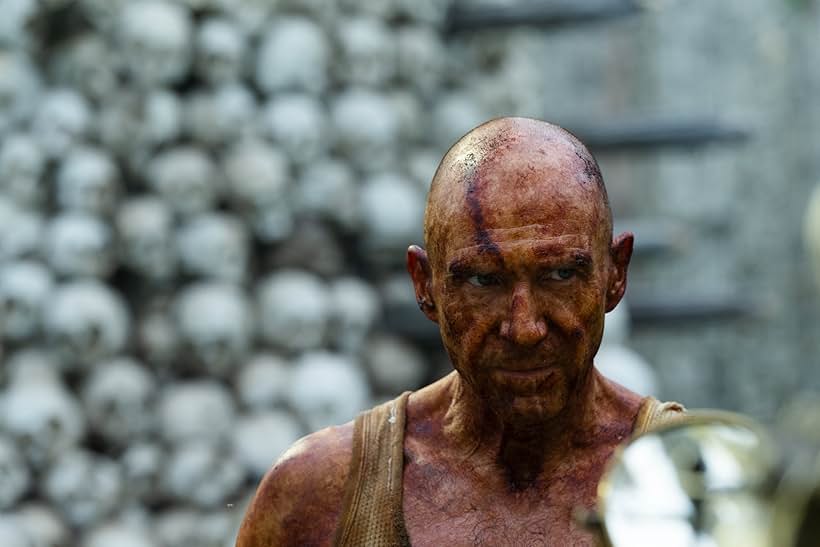
British director Danny Boyle and writer Alex Garland compelled the masses with their triumphant ‘28 Days Later’ (2002); as their twisted visions of enraged creatures ripping society apart limb by limb came to life in the most terrifying of circumstances. Although fans were treated with a sequel ‘28 Weeks Later’ – directed this time by Juan Carlos Fresnadillo – that itch for the same chaotic, horrific energy that 28 Days Later was not necessarily scratched (despite the sequel’s terrific opening scene). However, after all these years (23 to be exact), Boyle and Garland return to the plagueborn lands of infected, mutated monsters with the brand new ‘28 Years Later’.
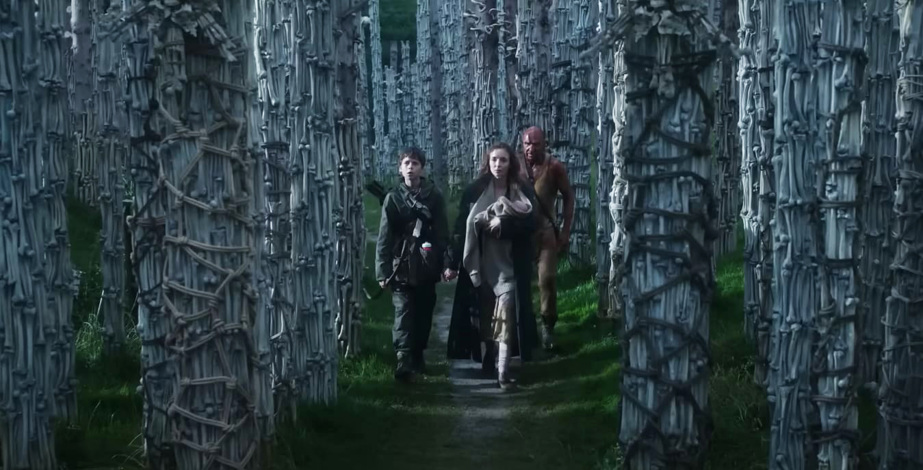
The many years spent back and forth between the creatives and studios in making a third film can definitely be described as developmental hell, with audiences being teased and then let down with the prospect of a new project a fair few times. Therefore it came as quite a shock when it was announced in early 2024 that not only would there be a new film, but that this latest entry would be the first in an upcoming trilogy. But where do the plentiful givings stand now that viewers have had a chance to taste what is in store? As it turns out, the premiere has overseen a few mixed reactions…
This decisive film circles around the rage virus that was established as the catalyst for the terror that ensues across the land of all the ‘28’ entries. More pertinently, 28 Years Later explores how the outbreak was tamed across Europe, except Britain, which as an island has become ostracized and abandoned to the land of the zombie-like infected. However, nestled off of the mainland is the tidal area ‘Lindisfarne’, where a fairly large community of people live virus-free, quarantined from the world. Strict rules are put in place to avoid contamination from the nearby ‘rage’ sufferers, meaning that their way of life is primitive, self-sufficient and reminiscent of the far earlier times of simple living.
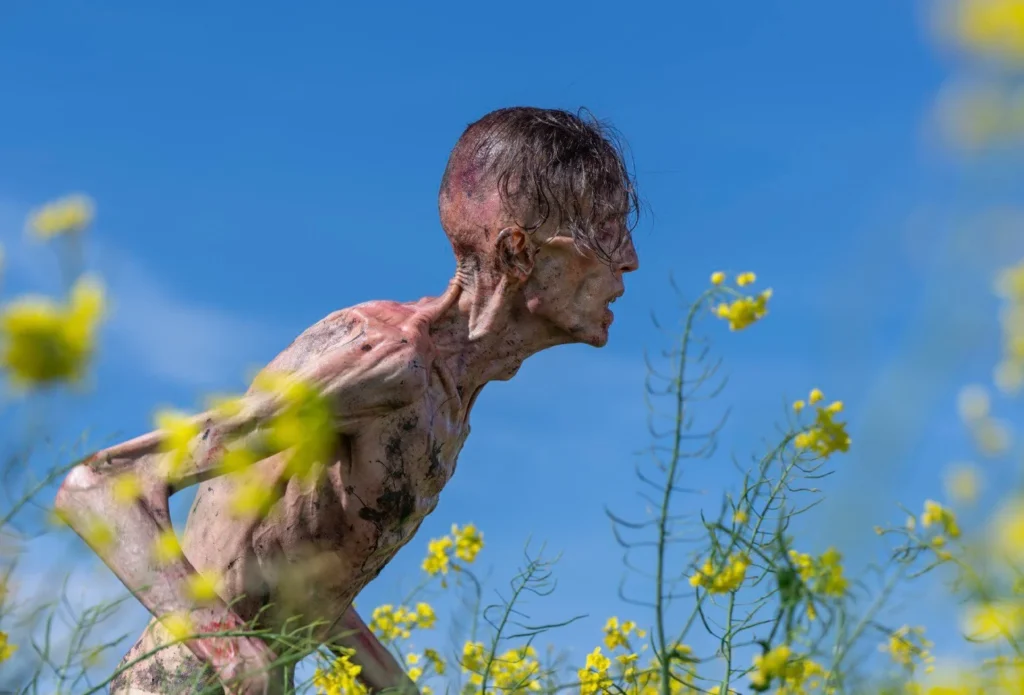
This is where Jamie (Aaron Taylor-Johnson) enters the frame, a young man who essentially grew up amid this trauma with his life being ravaged as a young boy at the start of the endemic. Jamie lives in Lindisfarne with his ill-stricken wife, Isla (Jodie Comer), and their son Spike (Alfie Williams). Although their life is far from glamorous, at least the red-eyed, bloodthirsty, rapid, gruesome infected herds are not lurking in their town.
In typical fashion, the somewhat harmonious life becomes under threat after Jamie and Spike head to the mainland to experience a rite of passage for the young boy; a chance to become desensitised to the threat of the infected, essentially becoming a ‘man’ in this new world. In spite of the precautions that the pair take, havoc is soon unleashed as Jamie, Isla and Spike encounter a new dawn where their understanding of the infected undergoes a metamorphosis that is either deeply naturalistic, in tune with the natural order and organic to the core of humanity or alternatively is deeply disturbing, worrisome and hellbound for a dark future.
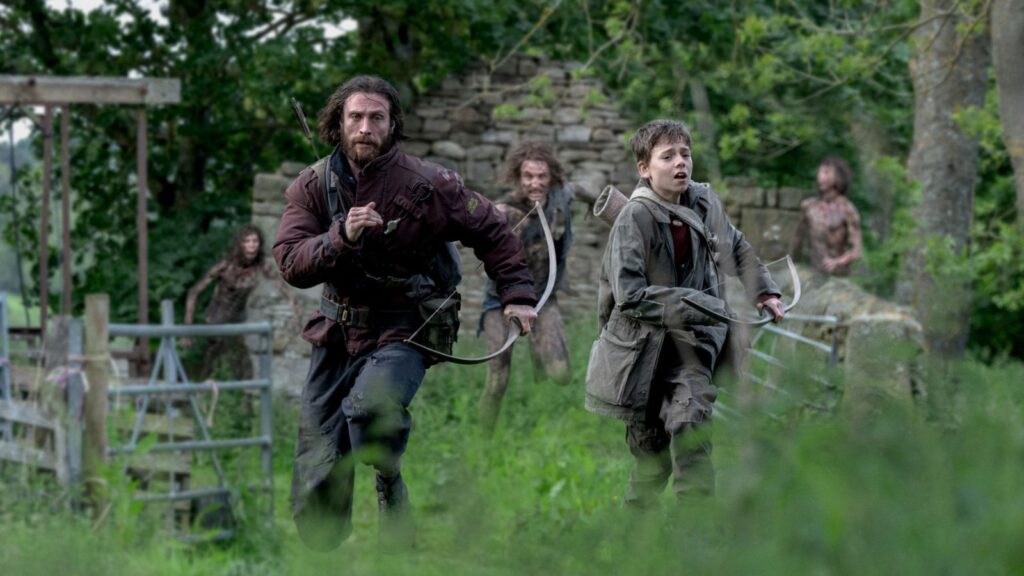
It is through this mingling of story paths where the bones of 28 Years Later understandably holds most of its contention. As to preserve the suspense, the precise intricacies will remain unrevealed, that being said, it is within this balance of thematics where the uniqueness of the film lies. 28 Years Later thrives in its own lore, the universe-expanding premise where the emotional path of the characters takes center stage and forms this whole basis of ‘nature vs nurture’ or ‘people themselves turning into the savages’ arch that zombie-esque media slips into. These elements can work, as evidenced by its utilisation in 28 Days Later as we see society crumble and succumb, revealing the true colours of the worst kind of evil – people themselves. Yet, this trope has begun to feel overused, not necessarily due to its significance, with the trope being a fantastic ploy to develop some truly excellent narratives, but simply in how it is enacted.

In this instance, 28 Years Later does not feel like a product that takes a common motif and recycles it to be entirely distinguished against all the other countless products with the same formula. The film is far from boring or monotonous, but a large part of the flow mimics what has been done countless times before, and what will be done many times in the future.
Nevertheless, this small quibble will not irk every spectator, nor does it distract from the rest of the film’s frightening displays of madness and mayhem; it is pure subjectivity at its most decisiveness. The crux of 28 Years Later is how genuinely intense it is and how it stirs an almighty panic, the kind that dares you to watch the film without feeling the urge to tap your feet in trepidation, wield a white-knuckle grip to the arms of your chair and squint your eyes until you can just about see the screen at the sheer ferocity and endless appetite of the infected. There are no instances where the antagonistic actions do not elicit full-body chills, recreating that same fear that runs throughout the ‘28’ films.
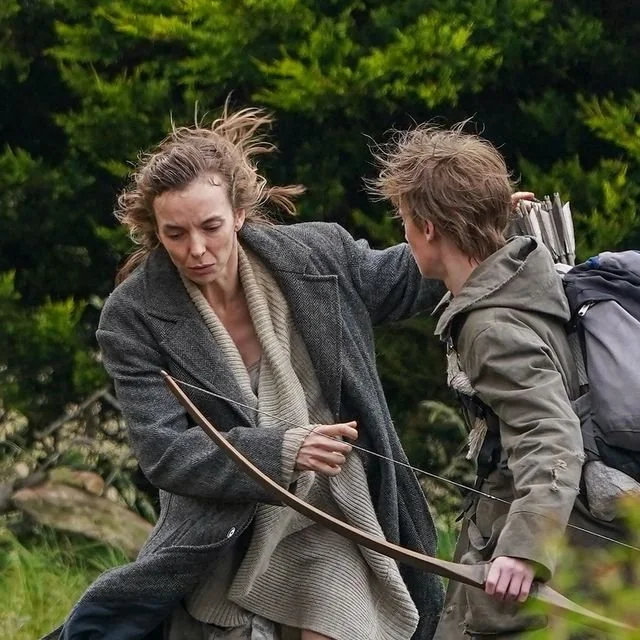
Within the strain of fear lies the natural evolution of the infected, which takes center stage as a plot device throughout the film, with the infected experiencing new variants over the best part of three decades since patient zero. Ignited from this is a curiosity towards the creatures as we witness them in their varying forms that are the result of years of mutations. Throughout the film, the inclusion of the array of beasts assembles some truly great examples of the mastery of horror storytelling and the film’s potential to spawn off in an assortment of ways to learn and experience the evolution of some of the scariest antagonists seen on-screen in a long time.
28 Years Later examination of the infected culminates in an unusual way as the film dips into an almost experimental-like territory where the film echoes a nightmarish fever dream. Here, vivid colours and dream-like surrealist qualities are weaponized through the editing which ranges from quick, fast-paced action cuts and slow, drawn-out scenes that lull us into a sense of brief security before thwacking anarchy back into the frame. This visual seesaw is made all the more enthralling by the arresting soundtrack which indeed lives up to the epically unnerving scoring of the trailer.
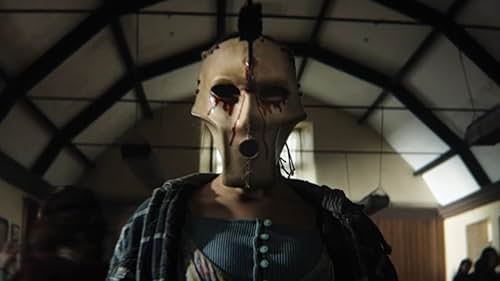
Although trailers are often drenched in spoilers for an upcoming release, it was nearly impossible to not rewatch the teasers for 28 Years Later, all thanks to the captivating inclusion of Rudyard Kipling’s poem ‘Boots’ (1903). The poem was inspired by the thoughts that would plague soldiers as they marched during the war, the repetitive horror of the battle and the permanent scarring that is branded forever on their psyche. The spoken rendition featured in the viral trailer also makes an appearance in the film, with the haunting words parroting the infinite dread that has lingered on society ever since the rage virus was first unleashed. The line that is painfully screeched “There’s no discharge in the war” imitates the entire film’s philosophy; everything is wrecked and time is fixed in an infinite loop of peril.
The idea of civil unrest is magnified by the stellar performances of the lead performers, including Comer, Williams, and Taylor-Johnson, with the addition of Ralph Fiennes. All of the actors bring such integrity and rawness to their emotionally demanding roles, amplifying the sheer angst and disarray necessary for each of the characters. A special mention is particularly owed to Williams, whose portrayal of Spike was utterly captivating as he imbued the role with a nuanced grit and coarseness that elevated his character to be entirely multidimensional in every instance.
28 Years Later does not know when to pull the reins, and it is all the better for that reason. The constant barrage of ultraviolence, coated with its mystifying and powerful cinematography melds with the top-notch acting to create a horror film that does have its moments, but is overall a poignant and provocatively terrifying adventure.
Want more top horror lists and reviews? Check out our blog here..


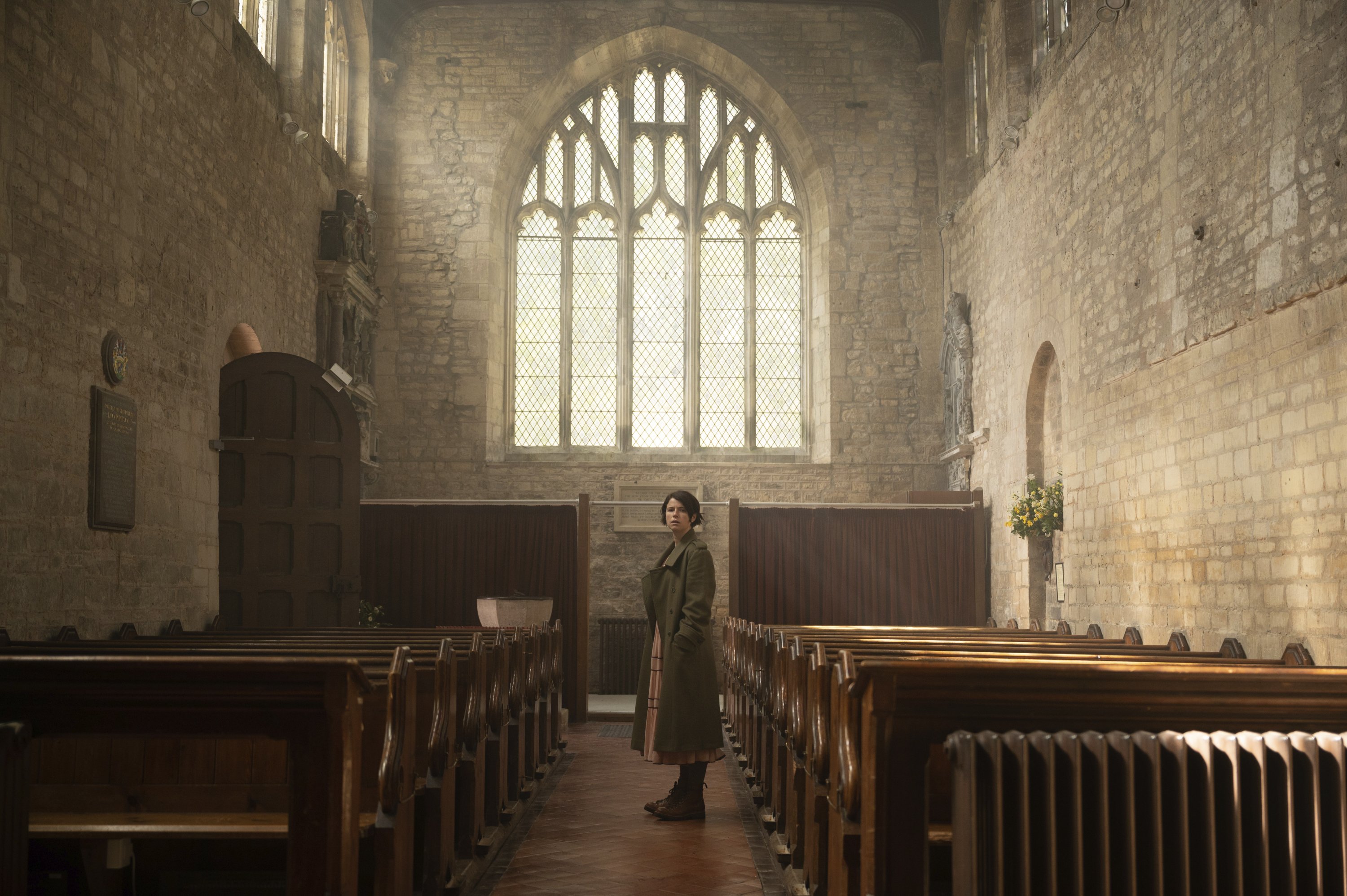
/cdn.vox-cdn.com/uploads/chorus_asset/file/23447715/Men_Leafhead.jpg)



